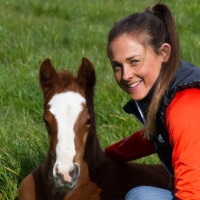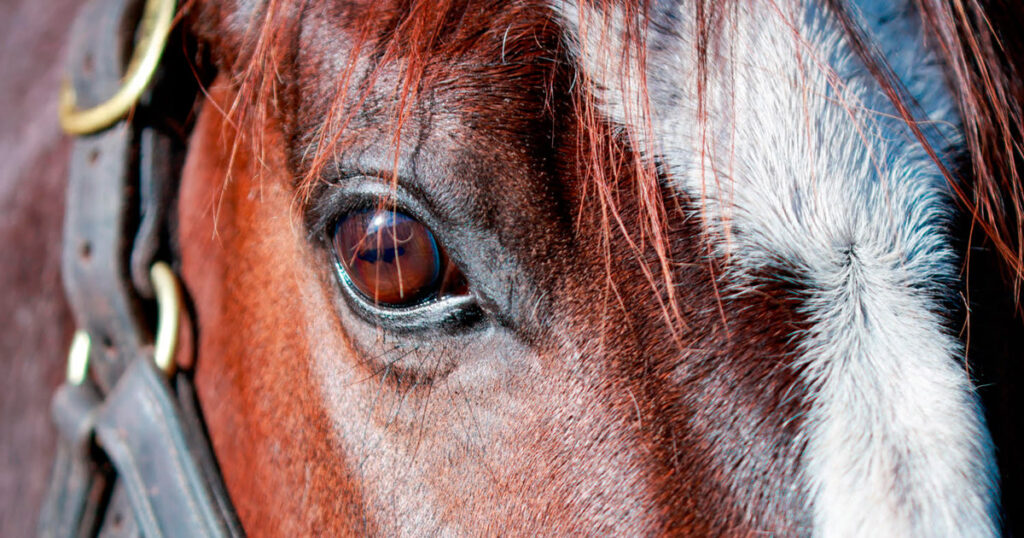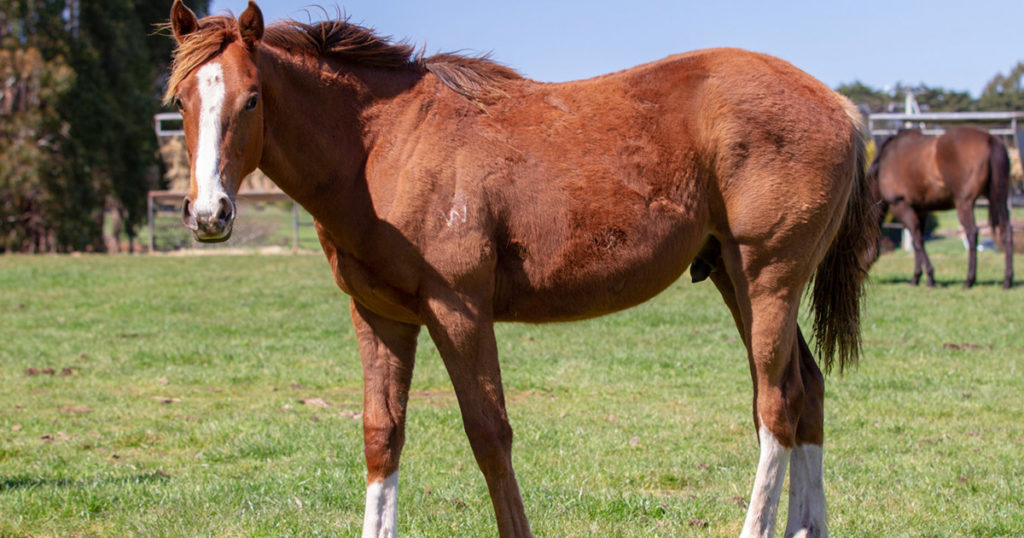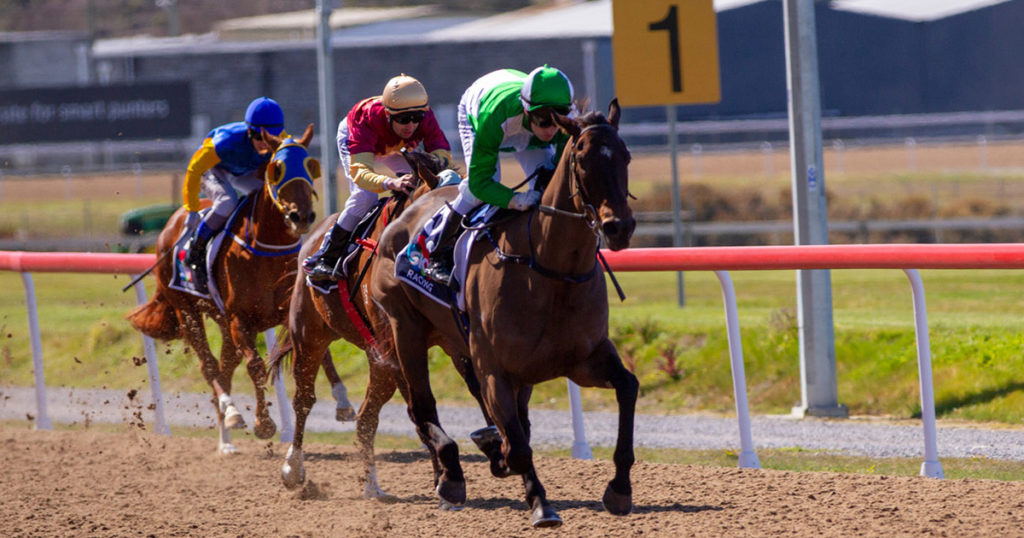With breeding season now underway in the Southern Hemisphere, stallion fertility is an area of focus.
Poor fertility rates or sub-optimal fertility in stallions can be one of the most financially costly and frustrating challenges for breeding studs and managers.
Sometimes the cause(s) of poor fertility rates can be obvious. Yet, more often than not, the contributing factors may not be clear.
Stress is something which can be easily overlooked, yet plays a fundamental role in the reproductive health and performance of stallions. Stress has been found to reduce luteinizing hormone and testosterone pulsing, leading to reduced spermatogenesis and sperm quality.
The presence of stress in a stallion can be deceptive…When we think about stressed horses, we may commonly think of an outwardly anxious horse; a horse who is always alert and ‘on edge’; one who is reactive and sensitive to changes in their environment; who doesn’t settle easily; and who may walk or pace their paddock. Whilst these are all easily recognisable outward signs of stress, a horse can be under significant stress yet paradoxically appear calm and relaxed.
Some less commonly considered sources of stress to our stallions which may impact their fertility include:
• Nutritional deficiencies and/or insufficiencies;
• The side effects of many commonly used medications;
• Irregular feed regimes
• Insufficient grazing and/or provision of roughage in their diet
• Shuttling and extended travel
• Changes in a stallion’s environment
• Pain- some examples include musculoskeletal pain when covering or gastric ulcers
• The presence or absence of other horses in their immediate environment
• Excessively hot environmental conditions
Even the way a stallion is handled can impact his stress levels. On busy studs, it is not uncommon to be in a rush to complete coverings within a certain time frame. If handlers are stressed, anxious, rushing or feeling pressure to complete breeding sessions, this can raise cortisol levels and heart rates in our stallions, leading to a physiological state of stress.
Whilst we certainly can’t control all the factors which contribute to stress in a stallion, there are many aspects which are modifiable through the way we look after and manage our breeding stallions. Furthermore, the strategic use of appropriate nutritional supplements and herbal medicines can help to mitigate some of the negative effects of stress and help improve testosterone levels, sperm count, sperm quality, sperm morphology and progressive forward motility.

Camilla Whishaw is a highly regarded, experienced horsewoman and naturopath, helping to holistically treat and manage a broad range of equine health conditions and injuries, with a passion for mare and stallion fertility.
As a world-renowned practitioner, presenter, author, and consultant in the field of Equine Naturopathy, Camilla shares her knowledge through keynote presentations, interviews, lectures, panel sessions, and workshop training.





